A couple of recent items caught our attention about generational conflict. Deanna Hartley addressed the subject in an article in the November issue of Talent Management entitled “How to Resolve Generational Conflicts in the Workplace.” In her article Ms. Hartley emphasized the misunderstandings that emerge when people from different generations make assumptions about one another and when they expect people from other generations to necessarily share their own values.
Dr. Rick Voyles presented on the subject at the Southeastern Summit on Conflict Resolution in Atlanta in September. In his talk Rick contrasted the values of people in the Boomer and Gen X generations. He showed how these values developed from the different situations people experienced in their formative years. He also explained how those value differences can be at the source of many conflicts.
The Millennial generation may be the most diverse. This group is accustomed to quick answers, a constant flow of information, new ideas and immediate gratification. These characteristics can conflict with those of the other generations. While these groups have the capacity to work very well together, the differences can be a hindrance. Awareness is a first step to uncovering ways to see differences as a potential strength as opposed to a stumbling block.
While generational conflict presents a new perspective on workplace issues, many of the approaches for addressing it are similar to those used with other forms of conflict. As Ms. Hartley mentions in her article, people need to take time to listen to one another in order to better understand the nature of their differences.
When members of teams coming from different generations find themselves in conflict, it is a good idea to slow things down and begin to listen more closely to one another. In fact, it is important for the team to develop norms for how they want to handle conflicts regardless of the source. People need to feel safe in discussing issues with one another. Spending time getting to know one another as people can help build trust and enable people to give one another the benefit of the doubt when differences are raised.




